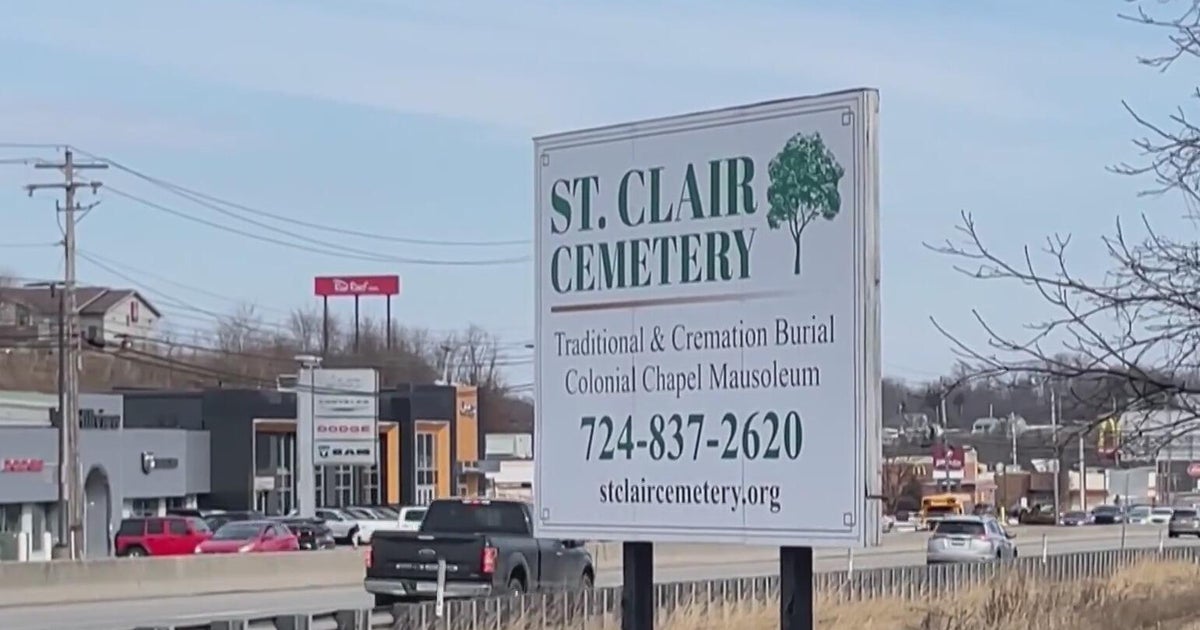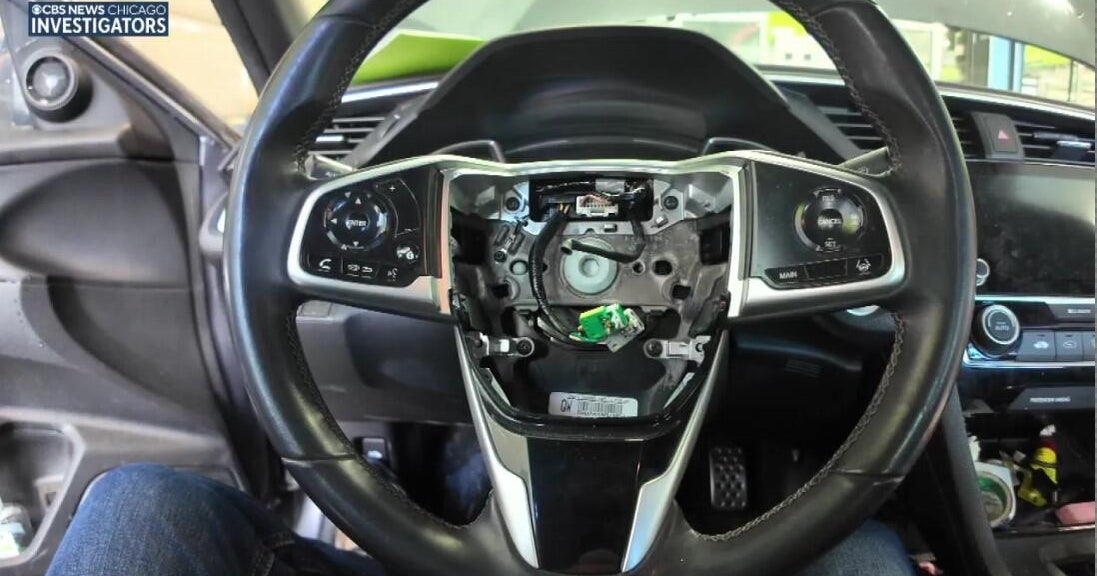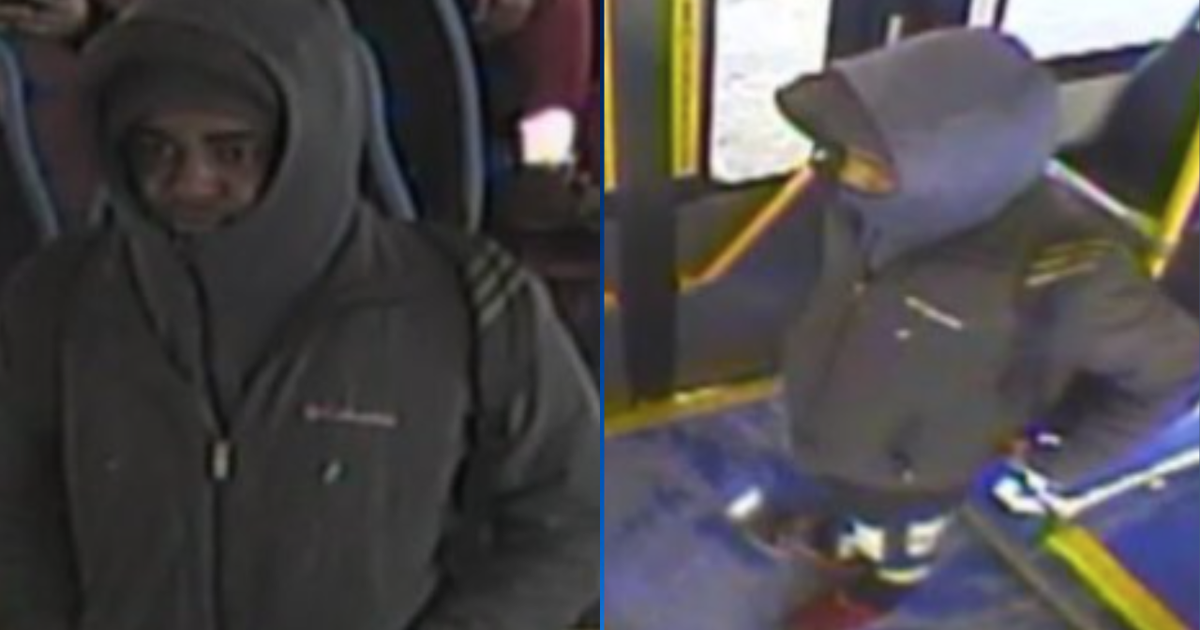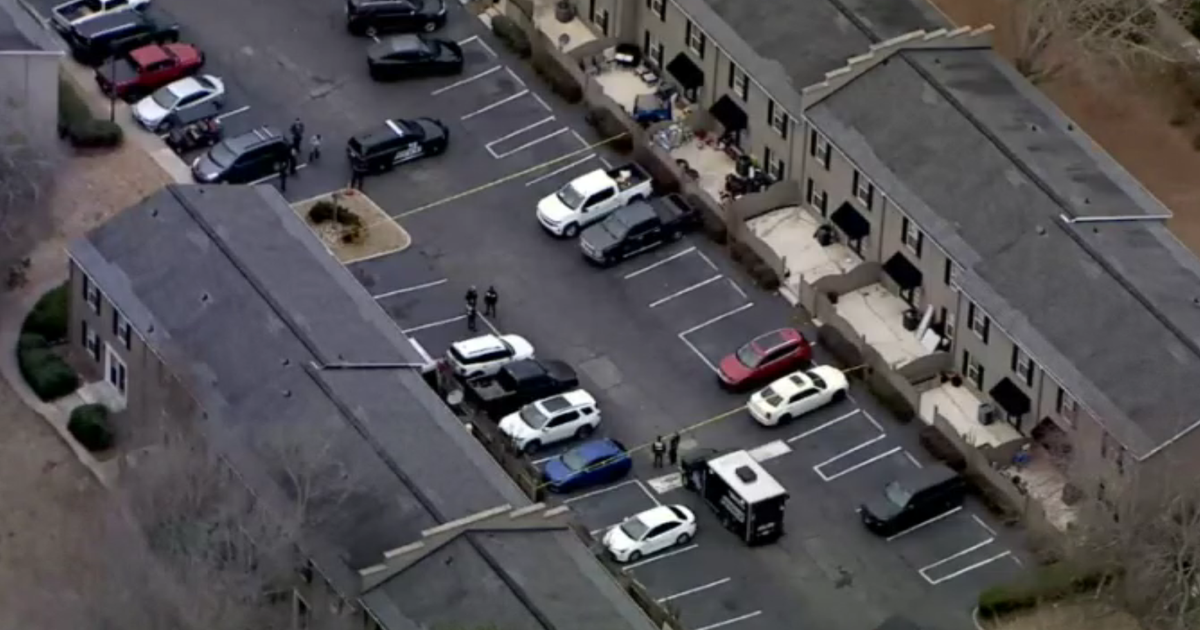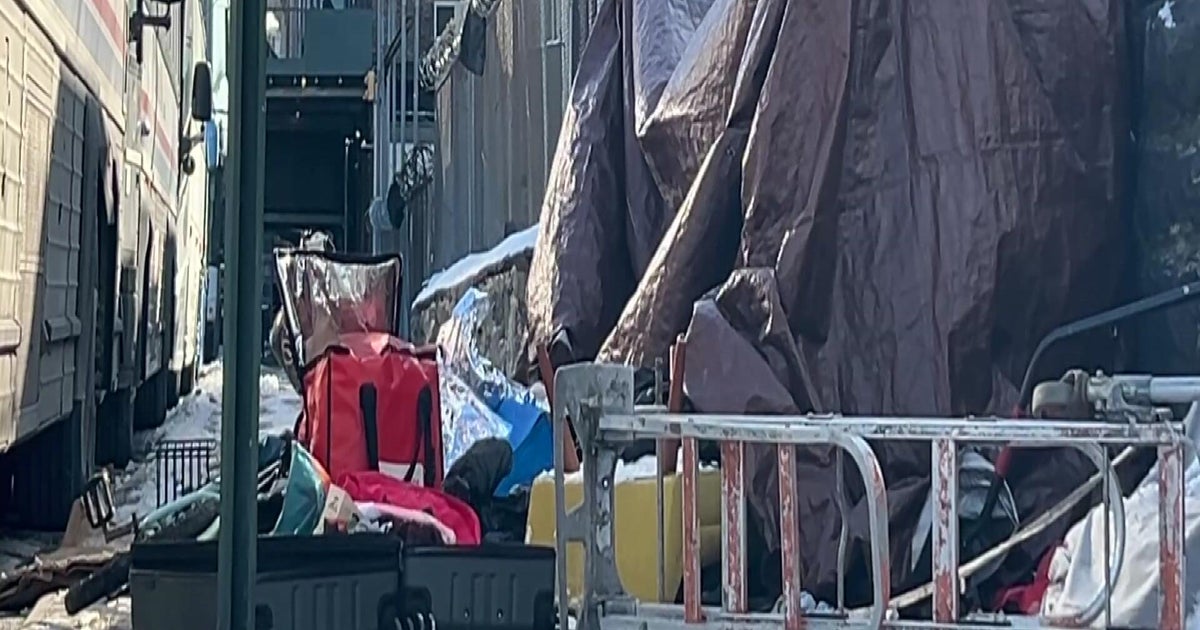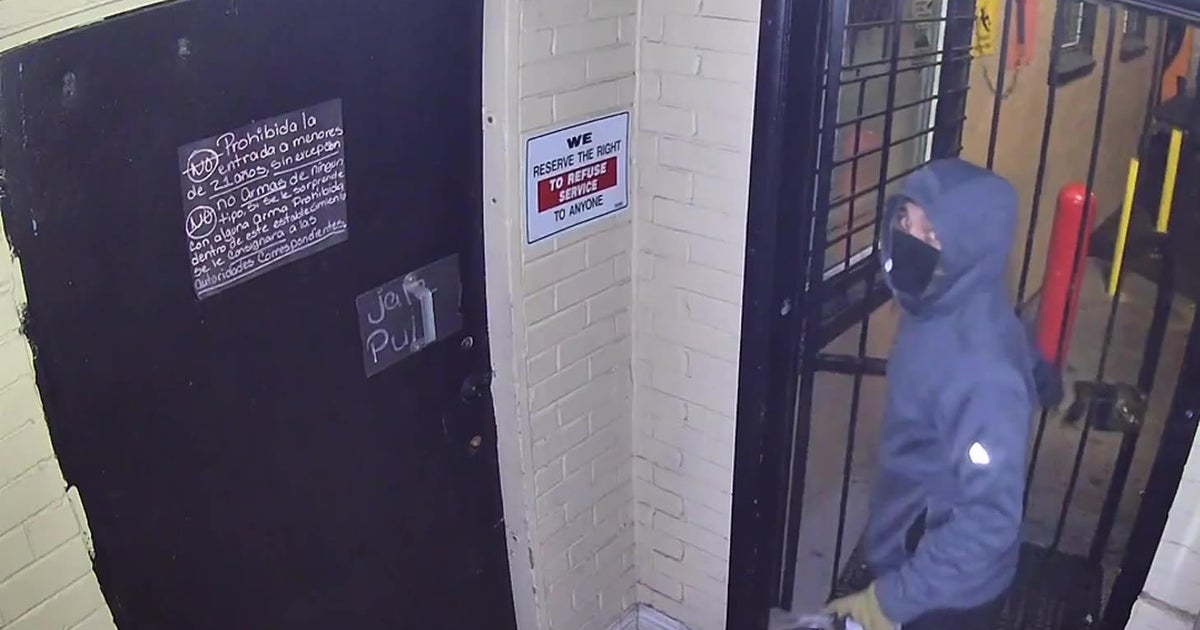New CPD Supt. Larry Snelling says becoming top cop wasn't his dream job
CHICAGO (CBS) -- Three weeks after being sworn in as the city's top cop, Chicago Police Supt. Larry Snelling offered his thoughts on the state of CPD.
Snelling sat down with CBS 2 political reporter Chris Tye on a wide range of topics, and offered some surprising comments.
He was comfortable, conversational, and didn't always toe the city line. Snelling has earned his point of view after 30 years on the force and shared it on Wednesday.
Not a job he always wanted
The superintendent talked about what can be done quickly to reverse the surging numbers of car thefts and robberies, in Chicago, but in one of his more candid moments, the 30-year veteran of the force said it wasn't always his goal to lead the Chicago Police Department.
"I'll be totally honest. It's not a job that I always wanted," he said. "But thinking about it later in my career, having the opportunity to help the city of Chicago, to help our communities, and help our officers – if I could bring back some sense of sanity to the city when it comes to the crime, and then, you know, just advocate for our victims, which is one of the things that we have seriously forgotten."
But Snelling said he didn't have to be talked into taking the job.
"Obviously, there were people who were pushing," he said. "And I listened to those voices. But at the same time, I saw the things that were going on in the city; the struggles that our officers were dealing with – you know, mental health, wellness issues."
Migrant crisis taking a toll
After years of stress from civil unrest and COVID, Snelling said officers' mental health appears to be in a more optimistic place as canceled vacations and extended workweeks have cooled off. But new stressors have taken their place.
"I think officers are optimistic, because they're resilient, regardless of what they've been through, especially over the past three to four years, with COVID [and] civil unrest," he said. "However, there are challenges. There are a lot of challenges that officers are dealing with right now. When we look at the migrant crisis, our offices are … faced with the challenge of observing families who are suffering."
As of Wednesday morning, more than 3,000 asylum seekers were living in police stations while waiting for space at city-operated shelters. Many of those migrants have started setting up tents outside police stations as lobbies have become too crowded.
"We're seeing human beings who are living in tents, and mothers and children who are sleeping on the floors of police stations," he said.
Snelling was blunt in saying migrants don't belong in police stations, but acknowledged there aren't better options right now.
"Until we have better conditions, or other locations for these people to be housed, our officers are just doing what they have to do to treat these people like human beings as best they can," he said.
Strategy to attack car theft spike
Snelling has taken the reins of the department at a time when murders have been dropping for the past two years, but car thefts have gone up 86% over the past year.
He said technology is key to quickly turning the tide on car thefts. Is there one piece of technology in particular that is especially critical to efforts to fight car thefts?
"Those are our license plate readers," Snelling said. "We do have them. More would be better, but that technology has been helpful in locating cars that have been stolen. And we all know that the cars that are being stolen are being stolen to be used in secondary crimes – mainly robberies."
The superintendent said the faster police can find stolen cars and arrest the thieves, the better they can stop future robberies.
He also believes state laws need to be toughened up to keep repeat offenders in jail longer.
"We have to get a little tougher on those who are repeatedly committing these crimes," he said. "Especially when we're dealing with the younger generation, the juveniles, we have to have something that's going to deter these individuals from doing this over and over, repeatedly."
Mayor Brandon Johnson's budget plan calls for promoting 100 more officers to the rank of detective next year but remained vague on total officer head counts.
More officers next year?
Asked if CPD will have as many sworn officers on the streets at this time next year as it does today, Snelling said, "we would hope for more."
"We do have officers in the academy that we are currently now, and we're going to continue to recruit to continue to build upon our manpower," he said.
Snelling did not offer specific manpower projections for CPD over the next year.
Earlier this year, the city's inspector general released a report finding 110 current and former officers found to have a history of filing false police reports were not fired as a result of "structural failures" inside the department.
Snelling said police officers "absolutely" should be fired if found to have lied on a report. He said he's reviewing the inspector general's report now.
"I will say this, false reporting on the part of an officer wouldn't be tolerated; it's that simple," he said. "As we do anything in this department when it comes to an investigation, there has to be a proper investigation because everybody deserves due process. We have to make sure that this isn't just an allegation. But once the investigation unfolds, and we know that there's proof of willful wrongdoing, then yes, absolutely, those officers shouldn't be on the job."
He also said officers on the force found to be members of hate groups or extremist groups like the Proud Boys should be removed from CPD.
Snelling said the department is working with the Community Commission on Public Safety and Accountability to come up with a specific policy.
"We're talking about members of our department who have an association with hate groups or bias-based groups. There's no room in the department for those individuals. The reason is we have immense power, and with that power comes immense responsibility. So what we don't want is someone who is going to ruin the relationship between ourselves and the community when we have so many officers on the job doing great things," he said. "So if we know that we have someone who is going to damage our relationship, they should not be on the job."

